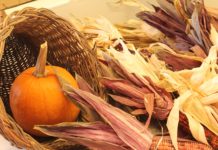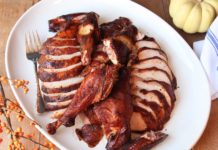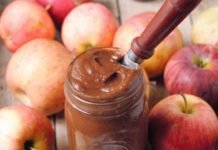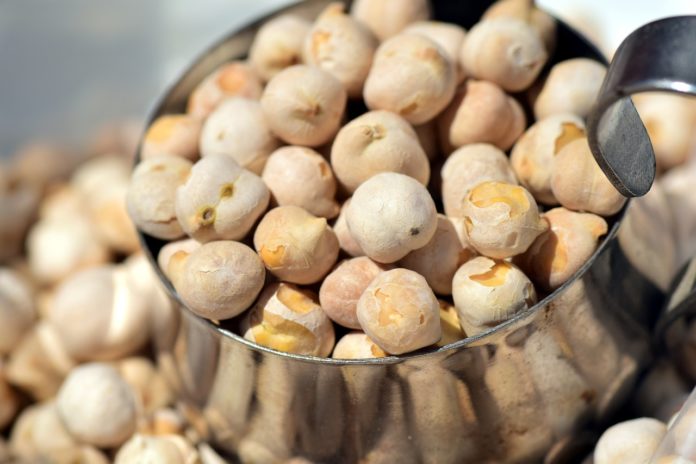
As we discover we don’t need to each as much animal meat as we once thought we did, a mad search for alternative sources of protein begins. We’ve always liked soy, but we’ve also discovered that too much of that isn’t so good either. Okay, cool, now what? Obviously eggs are well-known. And black beans have been shown a lot of love lately.
(Like in this recipe: Black Bean & Burdock)
But what about einkorn?
Or maybe the first question should be, wtf is einkorn?
This is einkorn:
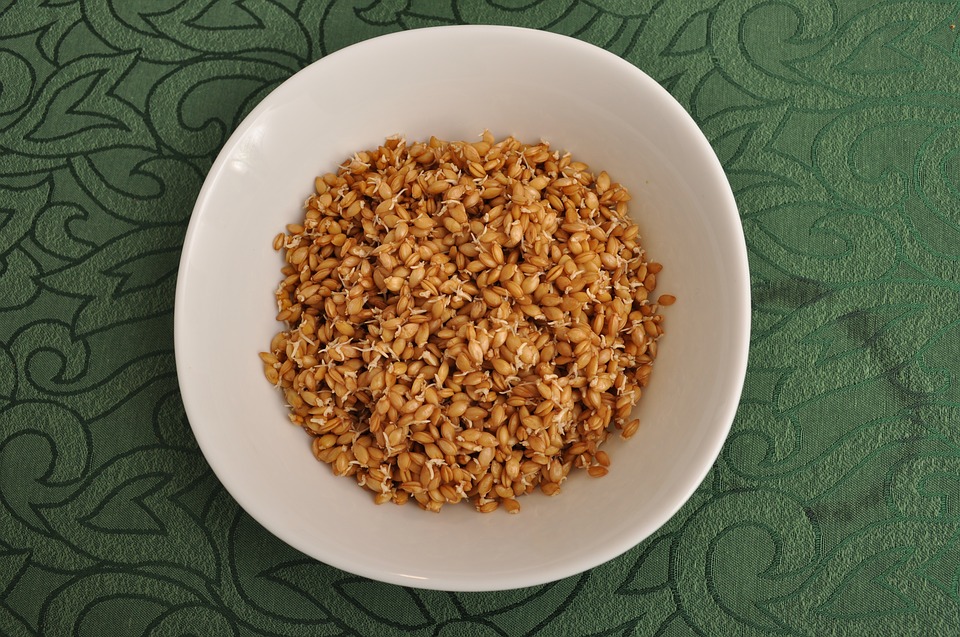
And it’s a protein beast.
This ancient grain packs 9 grams of protein in each quarter-cup serving, as well as zinc, iron, magnesium, and B vitamins. Plus, there are some who say it’s easier to digest; a great alternative to traditional wheat.
Read more: Ask an Expert: Einkorn Digestiability
Peanut Butter is also well-known as a common and delicious protein source (because PB&J sandwiches, especially). For an alternative source that offers about the same amount of protein per serving (7 grams per 2tbsp serving), as well as a good amount of magnesium, give Sunflower Seed Butter a shot.
Don’t worry: it’s just as good with jellies and jams (gold standard). And, given it’s unique flavor that stays light on the palate, it’s also great in dressings, sauces, soups, smoothies, etc.
You know, get creative and all that.
For vegetarians who miss the taste of the grill, halloumi is fast growing in popularity as an animal substitute. A rich cheese typically made from a goat, cow, and sheep’s milk blend, it is perfect for frying and grilling: It doesn’t melt the way traditional cheese do, and what you end up with is satisfying sink-your-teeth-into texture with a savory delicious flavor that lingers long after every bite.
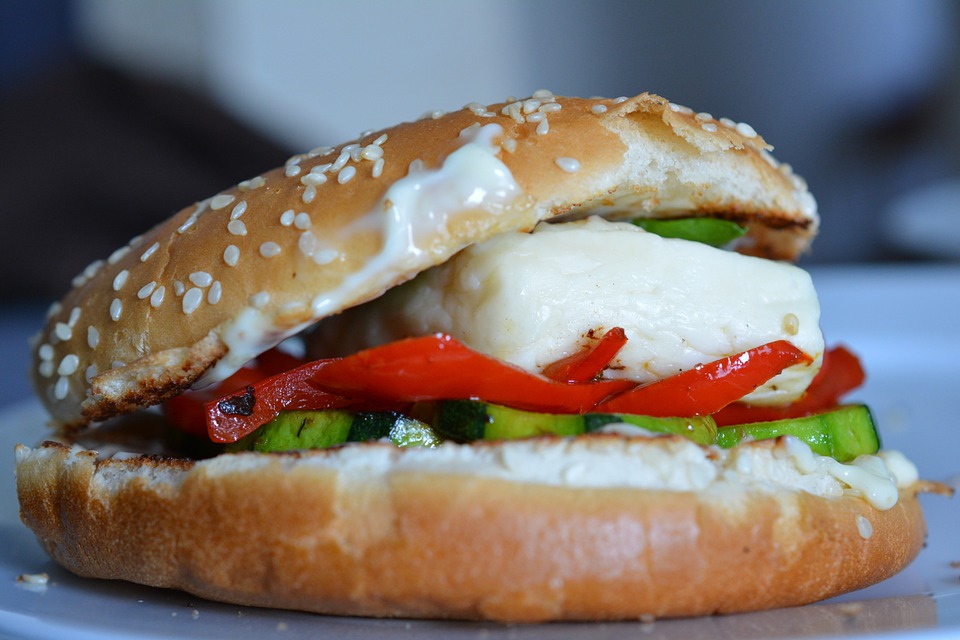
Like in this halloumi hamburger (above). No reason vegetarians have to stick to veggies at those ubiquitous Minnesota summer cookouts. Plus, this cheesy cheese boasts 7 grams of protein in each 1oz slice.
(Apologies, vegans.)
Chickpeas are something vegans and vegetarians alike can get into. And, as an alternative to say, a bag of potato chips, or Pringles, or whatever else people are snacking on these days, roasted chickpeas are about as good as it gets: 6 grams of protein are found in a half cup serving, and about the same amount of fiber.
Pro tip: Add to trail mix for that lost-in-the-woods boost.
And we couldn’t finish this list without mentioning another legume that offers the most protein of them all: black lentils.
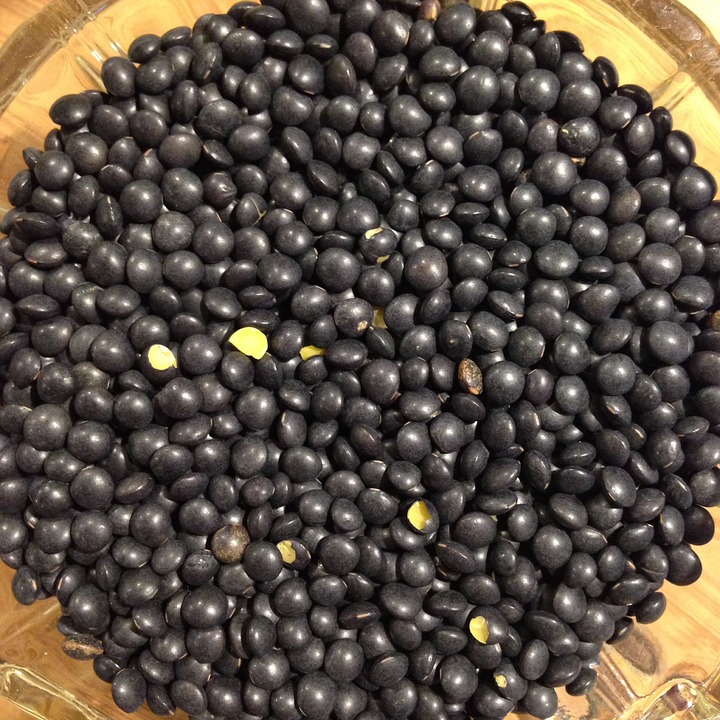
Lentils are known as one of the world’s healthiest foods, and, after the United Nations named 2016 the Year of the Pulses (dried legumes), they saw their stock start to rise higher than simply vegan-family staple.
Specifically, black lentils/beluga lentils offer 12 grams+ of protein per quarter-cup serving, and are high in iron and fiber as well.
And they’re versatile to cook with; stock up for soups (especially hearty throughout long Minnesota winters), complement with rice, chill for salads, or enjoy solo with whatever seasonings you like.
For a more in-depth look at pulses and beans, visit: ranellekirchner.com/cookingclasses
Read this next: Parsnips: Fall into winter with this delicious root





